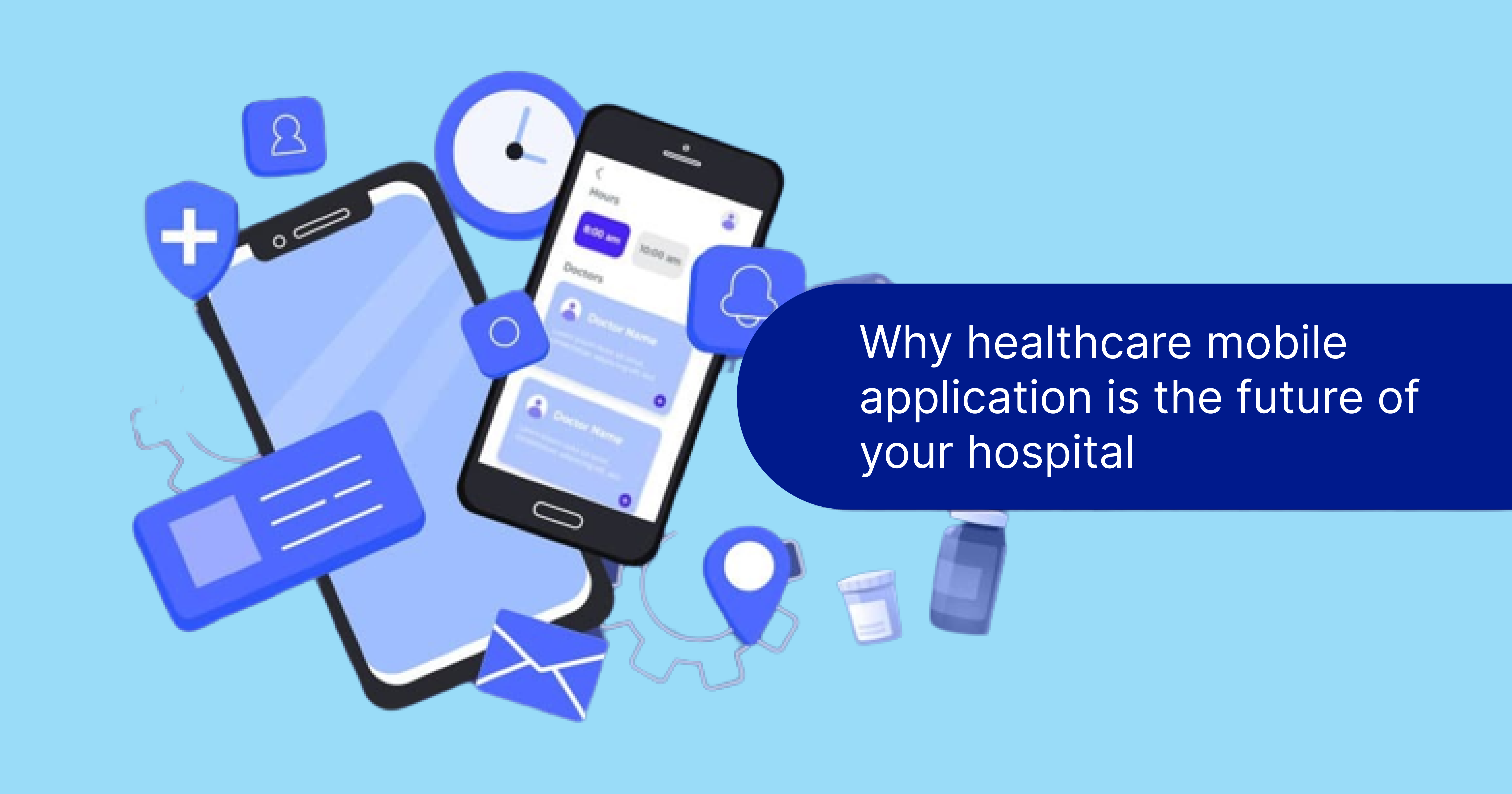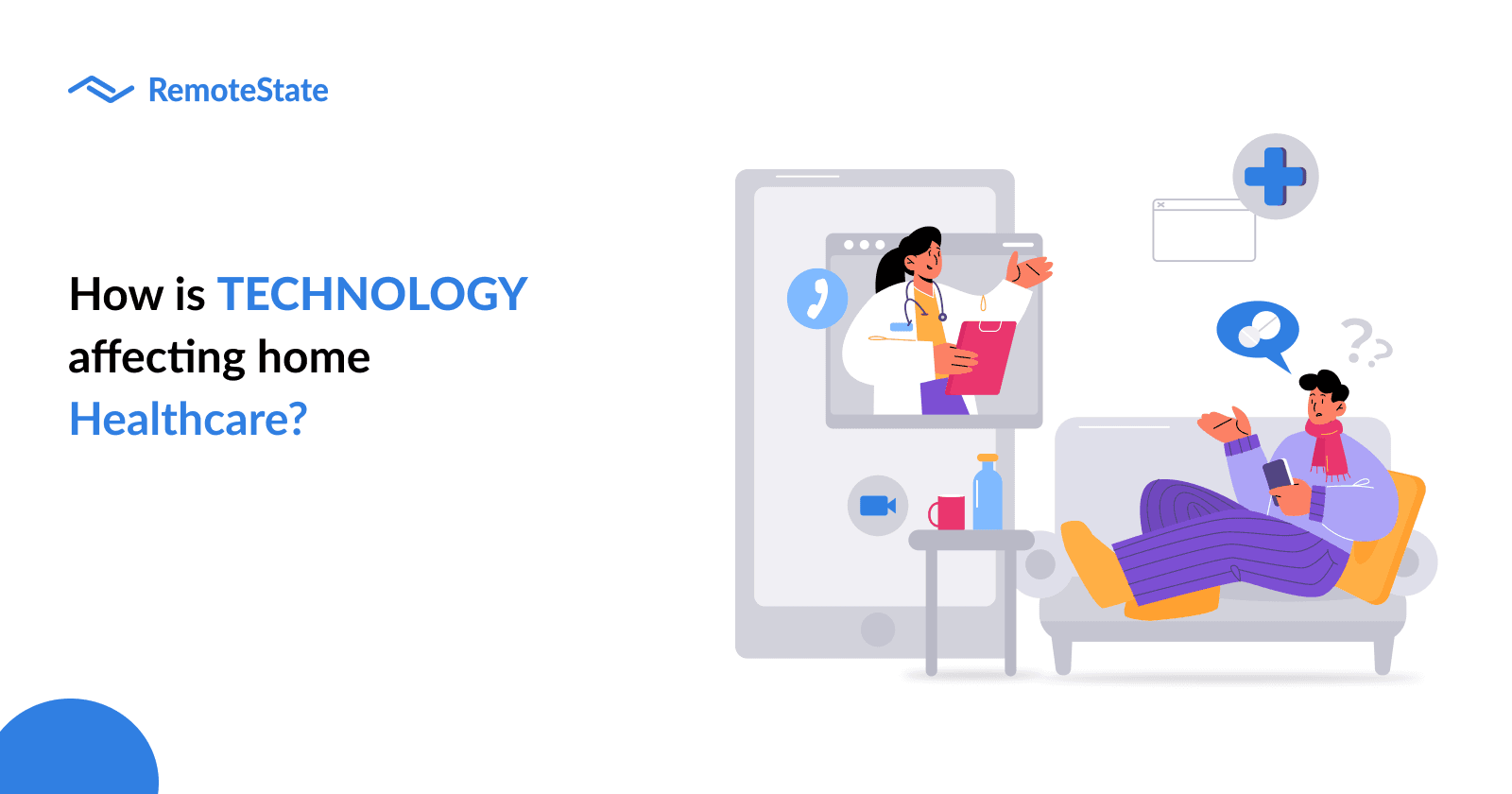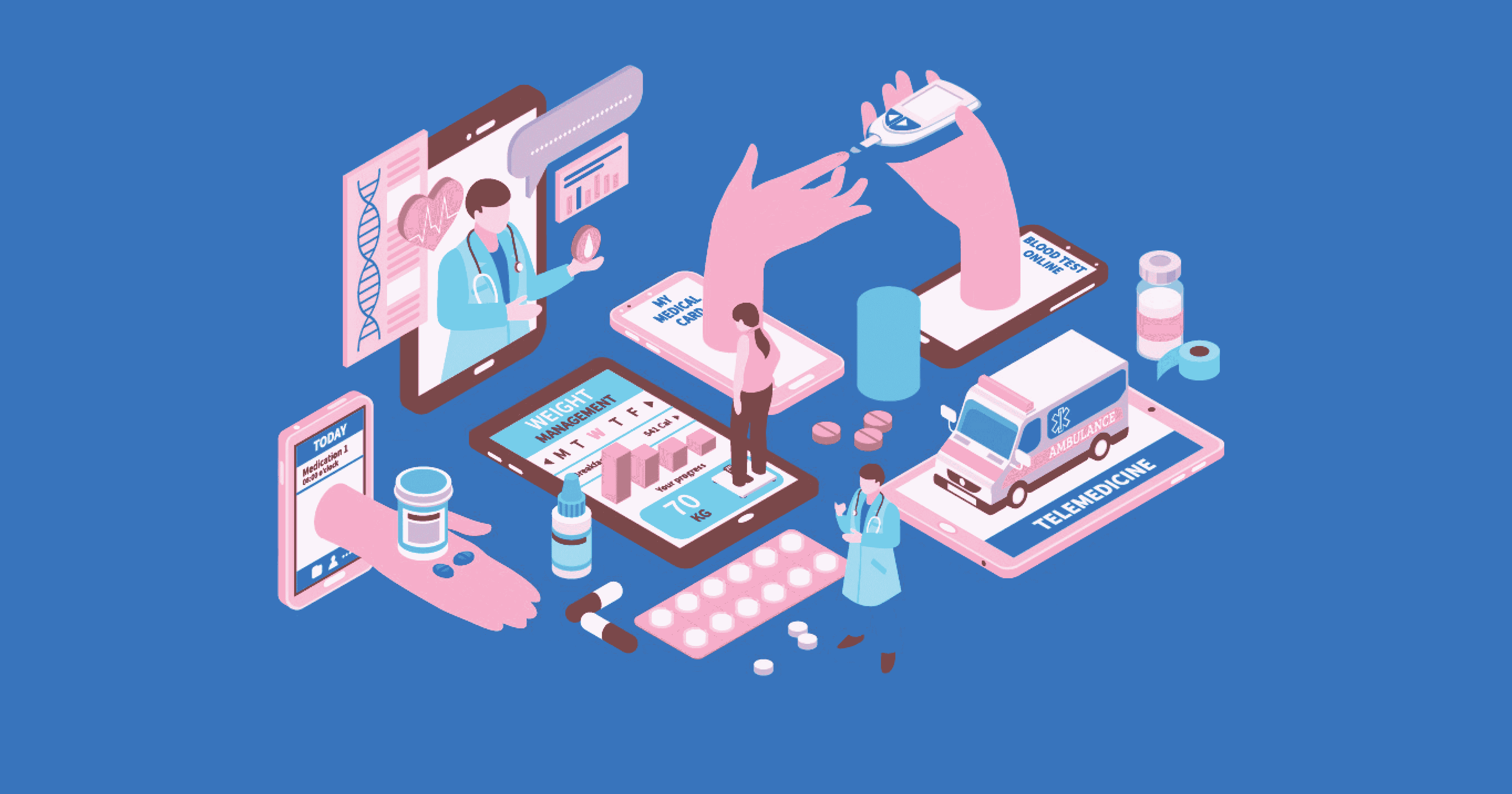The use of mobile devices has created new opportunities for a wide range of businesses, including retail, banking, hospitality, and even healthcare. Mobile health (mHealth) apps have been increasingly popular recently as a result. The significance of mobile applications in the healthcare sector is enormous and growing rapidly right now.
The quality and delivery of healthcare services have considerably improved thanks to mobile health apps. The market for mHealth mobile apps is developing rapidly, offering flexible solutions for the comfort of both patients and caregivers.
mHealth (Mobile Health) application categories
There are a lot of mHealth applications available, and new ones are being developed and released every day. One or more of the following categories best describes the majority of these apps:
-
Applications for Wireless Connectivity: Utilizing applications for remote monitoring, patients can receive virtual treatment from their doctors while relaxing at home. Without the need for frequent visits, practitioners may take care of their patients by monitoring their blood pressure, oxygen saturation, heart rate, and other medical conditions.
-
Productivity Software: Numerous health-related mobile applications are available that aid in boosting the effectiveness and productivity of healthcare practitioners. These apps are made for mobile charting, virtual dictation, and arranging home healthcare. These apps concentrate on providing these features.
-
Applications for Diagnostic and Medical Use: These applications assist medical professionals in gathering, analyzing, and sharing health data. These applications give healthcare professionals access to test findings, electronic health information, and even digital imaging. These applications aid both people and medical professionals in assessing symptoms and making diagnoses.
-
Apps that Serve as Reminders: Using this simple software, patients may be reminded of appointments or when to take their meds. Despite occasionally being included in bigger software, these apps may also be downloaded separately. You may download, check the specifics of, and confirm appointments you have with healthcare service providers.
-
Applications for Messaging and Video Communication: Patients have come to appreciate the advantages of text messaging and virtual video conferences that link them to their providers, thanks in part to the epidemic. These applications promote enhanced care for patients and greater communication.
-
Applications for Mental Wellbeing: The goal of mental health applications is to improve the usability, adaptability, and efficiency of therapy. Through pre-recorded meditations, breathing exercises, gamification components, and other methods, they can aid in the treatment of depression, stress, anxiety, and sleep disorders.
Perks of mobile health applications for patients and medical professionals
-
Easy Availability of Medical Records: Patients don't have to go to hospitals to acquire their medical reports thanks to mHealth mobile apps. Instead, customers may see the report whenever they desire online. Without having to worry about leaving the reports at home or losing them, the users may visit the doctor properly.
-
Less Probability of Misdiagnosis: Diagnostic mistakes are common when doctors or other medical professionals handle patient records by hand. The likelihood of diagnostic errors is also decreased since mHealth applications for patients maintain track of all medications, communications, and treatment plans.
-
One of the main advantages of mobile health technology is the ability to provide prompt care in rural areas. By scheduling video conferences with medical specialists, the majority of individuals in remote regions may now receive timely care. Patients can skip frequent clinic appointments since doctors can keep an eye on their patients via audio or video conferences. Additionally, users may get crucial health advice and precautions via the push-notification function in applications.
-
Reduced Person-Hours: In the healthcare industry, excessive physician work hours are a frequent issue. This puts a burden on healthcare organizations' resources, results in undue stress, and has a detrimental influence on the standard of treatment. Healthcare personnel may now monitor treatment processes, access all of their information in one location, and contact patients quickly and efficiently because of mobile health technology.
-
Straightforward Bill Payments: For both patients and hospital professionals, managing invoices is a challenging procedure. Maintaining a handwritten record of patient bill payments and pursuing insurance companies for payment clearing takes a great deal of time. However, this time-consuming process may be shortened to a few minutes with the help of mobile health applications. Patients can connect to their insurers (if necessary) via applications, choose their chosen payment option, and pay online.
How can Remostate support you?
Having created multiple mobile applications, we are aware that a successful user experience is essential. So feel free to get in touch with us if you wish to start a mHealth application. We are excited to assist you!


